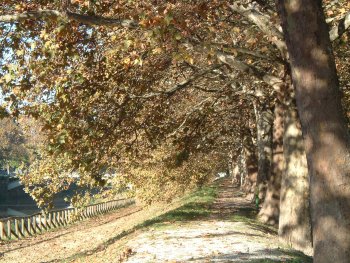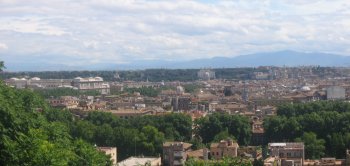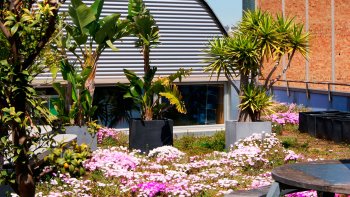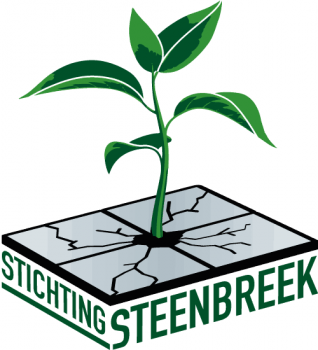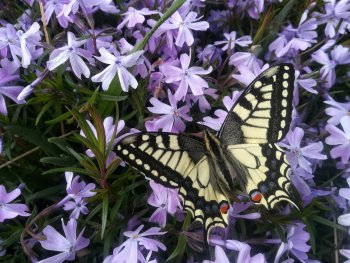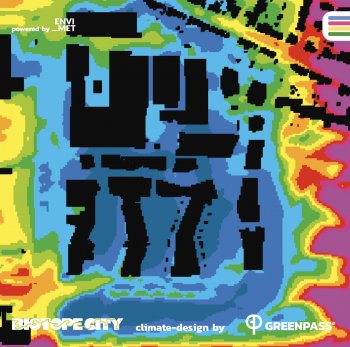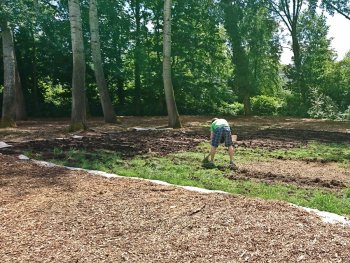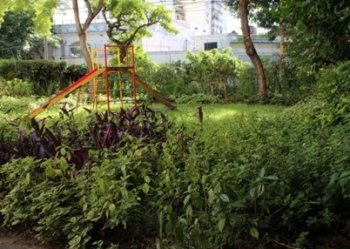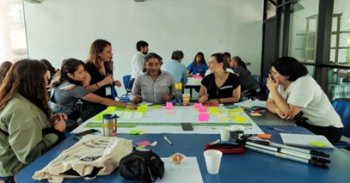Biophysical analysis of public trees in Padova: biodiversity and ecosystem services
Padova is a city of around 210,000 in the north-eastern part of Italy. It is the third largest provincial capital of the Veneto region, and the most densely populated (average density 2300 inhabitants/km2). The city is located 20 km west from the Venetian lagoon at the extreme north-eastern border of the Po plain. The morphology of the territory and its key position at the crossroads of the routes that connect Venice to Milan and to Bologna has fostered the development of the city.
Soil sealing is among the main issues in Padova, where 49.3% of the municipal territory is urbanized:...More

